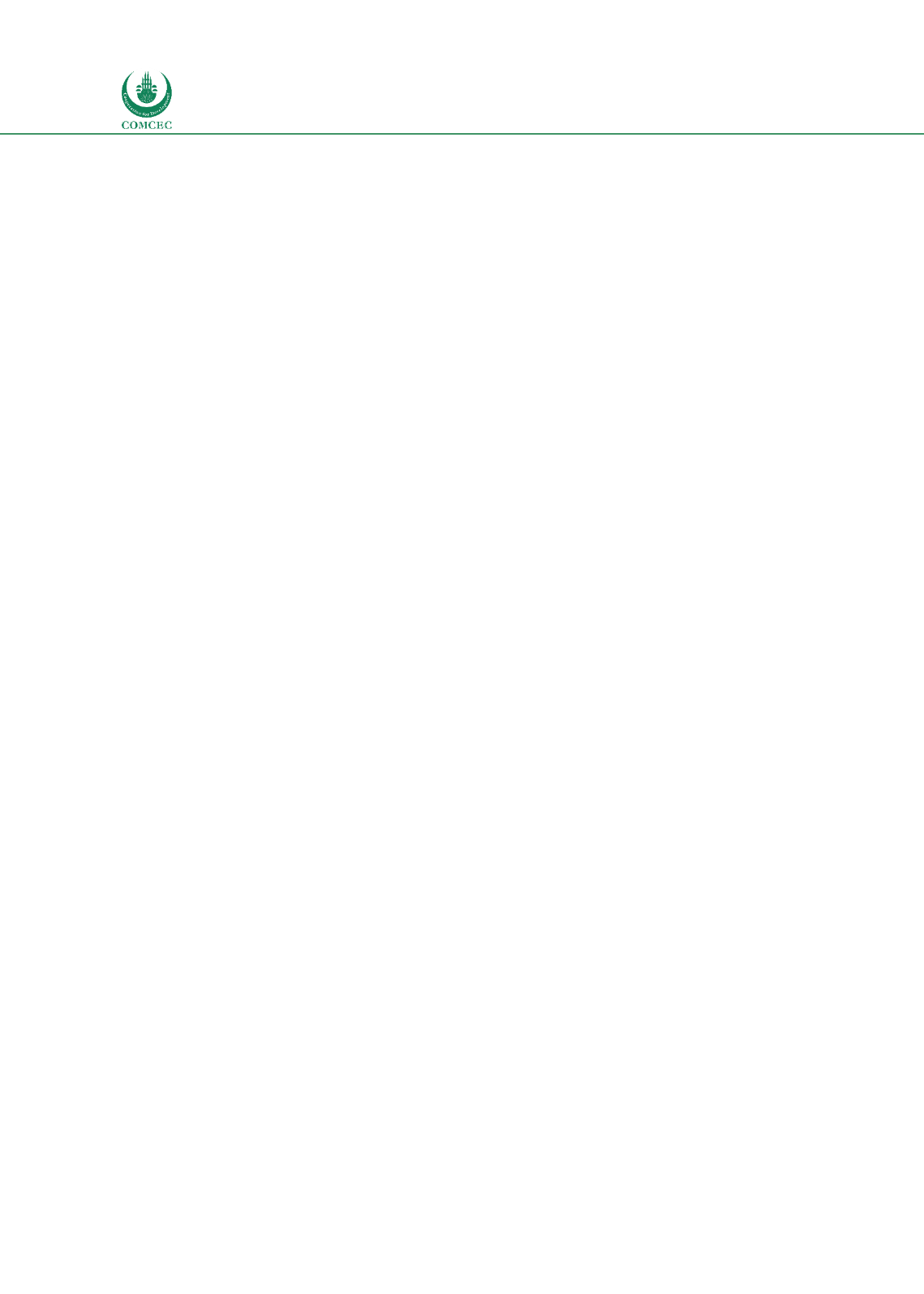

Enhancing Public Availability of Customs Information
In the Islamic Countries
88
expected to provide a one-stop point for the country’s trade related rules, regulations,
procedures and relevant information for all interested stakeholders. Furthermore, the
webpages of the Office of the Chief Controller of Imports and Exports and the Export Promotion
Bureau of Bangladesh provides rules, regulations and information related to import and export
procedures.
Use of Information and Communication Technologies (ICTs)
Stakeholders indicated that the increased use of ICTs significantly improved the public
availability of customs information, making the country’s trade regime more transparent and
predictable in recent years. The use of ICTs enables trade regulating departments, for example
the Ministry of Commerce, the NBR, the office of the Chief Controller of Export and Import, and
the Export Promotion Bureau of Bangladesh, to easily disseminate trade related rules,
regulations, procedures, and decisions in a timely manner. This also gives stakeholders easy
24/7 access to required information. However, stakeholders suggested that some pages or links
on the Customs portal are under construction, and the Bangladesh Trade Portal is still in its Beta
version and needs to be enriched and finalized. They expressed their concern about timely and
reliable updates of all rules, regulations, required forms, and relevant information to the web
portals.
Use of Inquiry Points, Call Centers, and Information Centers
In line with the WTO TFA, the NBR took the initiative to implement a National Enquiry Point
(NEP) in Bangladesh for trade-related information. The new draft Customs Bill formalizes these
arrangements. With technical assistance form the USAID/Bangladesh Trade Facilitation Activity
(BTFA), the NBR officially launched the Enquiry Point on September 6
th
, 2018. However, the
Enquiry Point is still under development, and does not currently have a formal structure. NBR
has signed memorandums with 39 ministries and agencies that will enable NBR to coordinate a
centralized response process to trade related enquiries through a national single window. The
Ministry of Commerce is also in the process of signing agreements with other trade related
departments and agencies to provide centralized response to trade related enquires through
Bangladesh Trade Portal.
The NBR’s internet based NEP provides always-available, public access to the vital information
required for conducting trade in Bangladesh. It adds to the existing rich sources of information
by providing a means to submit a direct enquiry to customs, which officially replies through a
designated customs official. Each enquiry further enriches both the quality and archive of the
NEP. The NEP website indicates that enquiries can be made by governments, traders, or any
other interested party, so the scope for providing information to a wide range of actors is in
place under this system.
Finding information using the NEP is simple for anyone who has a trade-related question. The
Bangladesh Customs website has an NEP menu at the right side on its homepage. When a visitor
clicks on the National Enquiry Point button, he or she is offered two options: to submit a
question or to look for an answer in the already responded quarries using the search option in
the NEP database. Once a question is submitted, the user receives a confirmation email with an
estimated response time. Questions range from general ones like “How does Customs determine
a tariff classification?”, to more specific ones, such as “What is the tax or duty to import a TV as
a baggage item in airports?”. In less than one month since its inception, the NEP received 182
















